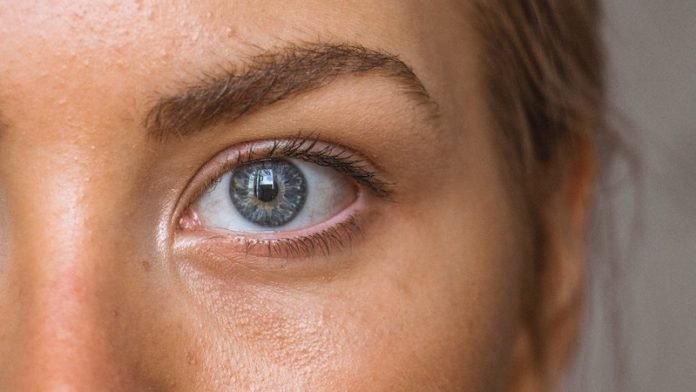
Dry eye happens when your eyes don’t make enough tears to stay wet, or when your tears don’t work correctly.
This can make your eyes feel uncomfortable, and in some cases it can also cause vision problems.
Dry eye is common — it affects millions of Americans every year. The good news is that if you have dry eye, there are lots of things you can do to keep your eyes healthy and stay comfortable.
What causes dry eye?
Normally, glands above your eyes make tears that keep your eyes wet. Dry eye happens when your tears don’t do their job. This could mean:
- Your glands don’t make enough tears to keep your eyes wet
- Your tears dry up too fast
- Your tears just don’t work well enough to keep your eyes wet
What’s the treatment for dry eye?
Treatment for dry eye usually depends on what’s causing your symptoms. There are a few different types of treatment that can ease your symptoms and help keep your eyes healthy.
Over-the-counter eye drops. The most common treatment for mild dry eye is a type of eye drops called artificial tears.
You can get these eye drops without a prescription. There are also over-the-counter moisturizing gels and ointments that may help your eyes feel better.
Prescription medicines. If your dry eye is more serious, your eye doctor may give you a prescription for medicines called cyclosporine (Restasis) or lifitegrast (Xiidra).
These medicines are both types of eye drops that can help your eyes make more tears.
Lifestyle changes. If something in your life or your environment is causing your dry eye, or making it worse, your doctor may suggest changes to help protect your eyes.
For example, if a medicine you take for another health condition is causing dry eye, your doctor may also suggest that you try a different medicine.
Your eyes may also feel better if you:
- Try to avoid smoke, wind, and air conditioning
- Use a humidifier to keep the air in your home from getting too dry
- Limit screen time and take breaks from staring at screens
- Wear wraparound sunglasses when you’re outside
- Drink plenty of water — try for 8 to 10 glasses every day
- Get enough sleep — about 7 to 8 hours a night
Tear duct plugs. If tears are draining too quickly from your eyes, your doctor may suggest putting special plugs (called punctal plugs) in your tear ducts (small holes in the inner corners of your eyes). These plugs can help keep your tears in your eyes.
Surgery. In some cases, dry eye can happen because your lower eyelids are too loose, causing tears to drain too quickly out of your eye.
If this is the cause of your dry eye, your eye doctor may suggest surgery to fix your eyelids and help your tears stay on your eyes. This treatment is not very common.
Talk over your options with your doctor. If another health condition is causing your dry eye, treating that condition may improve your dry eye symptoms.
Even if you have dry eye, there are lots of things you can do to help keep your eyes healthy. Remember these tips:
- Follow your doctor’s instructions for using your eye drops (over-the-counter or prescription)
- Tell your doctor if dry eye is getting in the way of everyday activities
Sign up for our newsletter for more information about this topic.
If you care about eye health, please read studies about these eye problems linked to a higher risk of dementia, and popular diabetes drugs can help prevent this eye disease.
For more information about eye diseases, please see recent studies about diet linked to blinding eye diseases in older people, and results showing these foods may damage your eyes.



